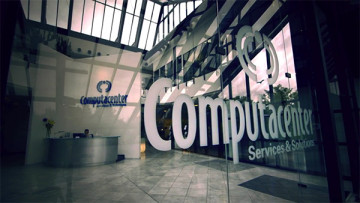 Kaseya has told its partners that the Datto brand “is going nowhere” even if it has been acquired.
Kaseya has told its partners that the Datto brand “is going nowhere” even if it has been acquired.
The Miami-based software giant MSP acquired Datto in April, with the deal expected to close in the second half of 2022.
Kaseya Fred Voccola said the absence of information about the merger could cause fear, doubt and uncertainty, but his plan was to “embrace Datto’s culture” instead of changing the brand.
He pointed out that the company had made 12 acquisitions over the last seven years and each time, it has followed a playbook that allows us to keep the culture and bring the good things from that company into us.
Voccola added that Kaseya plans to make the Datto brand “better” and sought to assure its partners over the move.
He said there were going to be no changes to commercial terms, or changes to products, or the name, culture, or support.
The deal will see partners given more options and the playbook should not change.



















